Russia: US does not regard non-JCPOA sanctions against Iran as removable
Russia’s Permanent Representative to the International Organizations in Vienna Mikhail Ulyanov says the US would not remove all the sanctions it has imposed on the Islamic Republic under different tags.
Washington does not consider sanctions imposed under labels such as terrorism, missile development and human rights violations as restrictions that could be removed, Ulyanov told Sputnik News on Thursday.
“No, the Americans do not consider exactly these sanctions as subject to lifting. They believe these sanctions have nothing to do with the JCPOA,” he said, using an acronym of the nuclear agreement Iran signed in 2015 with six world powers.
The remarks came a day after the Associated Press reported that the Biden administration is considering the removal of some of the most stringent sanctions imposed on Iran so that Tehran would go back on its remedial measures it has taken under the Joint Comprehensive Plan of Action in response to the West's breach of the deal.
Citing US officials, the AP said Washington is open to removing any sanctions that are inconsistent with the nuclear pact or those that deny Iran the relief it would be entitled to under the deal.
The sanctions relief could include non-nuclear sanctions that were imposed by the Trump administration with the aim of inhibiting a US return to the JCPOA, the AP added.
Some US analysts have called the so-called terrorism sanctions as part of Trump's ‘poison pill’, which will remove key Iranian entities from the scope of any sanctions relief.
Former Obama advisor, Vali Nasr, called ‘poison pill’ a “major issue”, which has hampered the Vienna talks between Iran and the remaining signatories to the nuclear deal – Germany, France, Britain, Russia and China.
Nasr said as a ‘poison pill’, Trump multi-designated the sanctions in order to make it difficult for his successor to lift the Iran sanctions.
“Let’s say an Iranian ship would be designated under the nuclear deal for not selling oil, but if you put the same ship under ‘terrorism’ designation that’s not as easy to lift the sanctions,” the former senior US State Department official noted.
“And Congress may make a hue and cry, saying this is not nuclear, this is about terrorism.”
A former adviser to the US Treasury’s Office of Foreign Assets Control (OFAC) also said the Trump administration imposed numerous sanctions on Iran, using US counterterrorism authorities "that were clearly intended to make it harder for a successor US administration to rejoin the nuclear deal."
“The continued application of the ‘terrorism-related sanctions’ would remove key Iranian entities from the scope of sanctions relief agreed under the nuclear deal originally,” Brian O’Toole said.
The US, under former President Donald Trump, unilaterally pulled out of the JCPOA in 2018 and began to put enormous pressure on Tehran through heavy economic sanctions.
In May 2019, in response to Washington’s hostile measures, Tehran began to gradually reduce its compliance under the JCPOA but repeatedly voiced readiness to reverse its measures only after the US returns to its obligations.
Diplomatic efforts began early this month in Vienna with the intention of bringing the US and other signatories to the deal into full compliance with the deal. Iran has insisted that it will resume full compliance with its nuclear obligations under the JCPOA only after it can verify that all the sanctions the US imposed after the deal went into force in 2016 have been removed.
Speaking with Press TV on Tuesday, Iran’s top negotiator Abbas Araqchi maintained that all the sanctions that the Trump and Barack Obama administrations imposed on Iran following the implementation of the JCPOA must be terminated before the United States can return to the agreement.
“The United States must first lift all sanctions, and Iran will return to its obligations only after verifying the lifting of the US sanctions,” Araqchi added.
VIDEO | UK arrests Press TV contributor amid crackdown on pro-Palestine activism
VIDEO | Axis of Resistance stands as multinational front for justice
Swiss academics call for end to research treaty with Israel over Gaza genocide
VIDEO | Israeli regime harasses, tortures Gazans returning through Rafah crossing
Israel faces existential threat of internal collapse before centenary, general says
Police fire tear gas as protests erupt against ICE and Israel at Milan Winter Olympics
UK PM’s chief of staff resigns over appointment of Epstein associate as US envoy
Iran leads Islamic world in electric vehicle motor technology


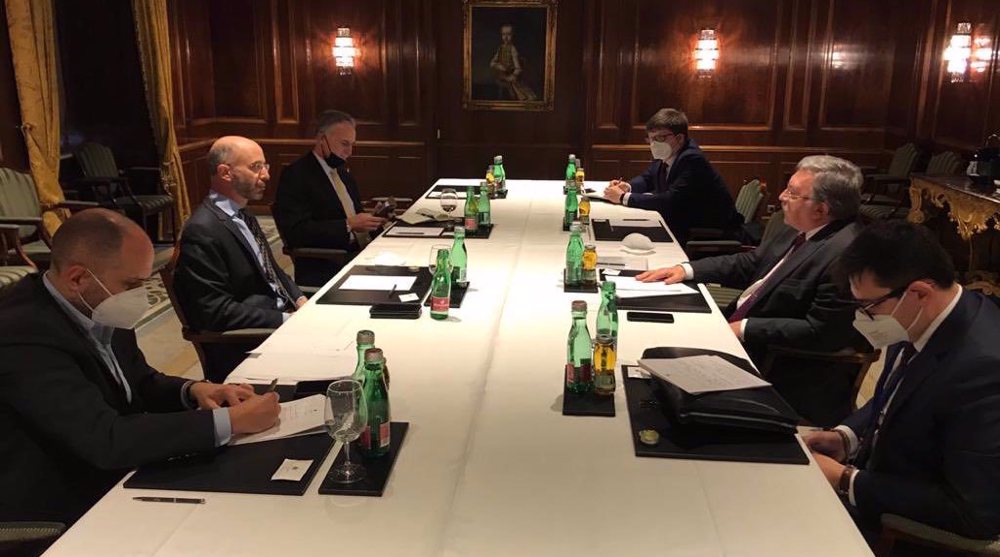
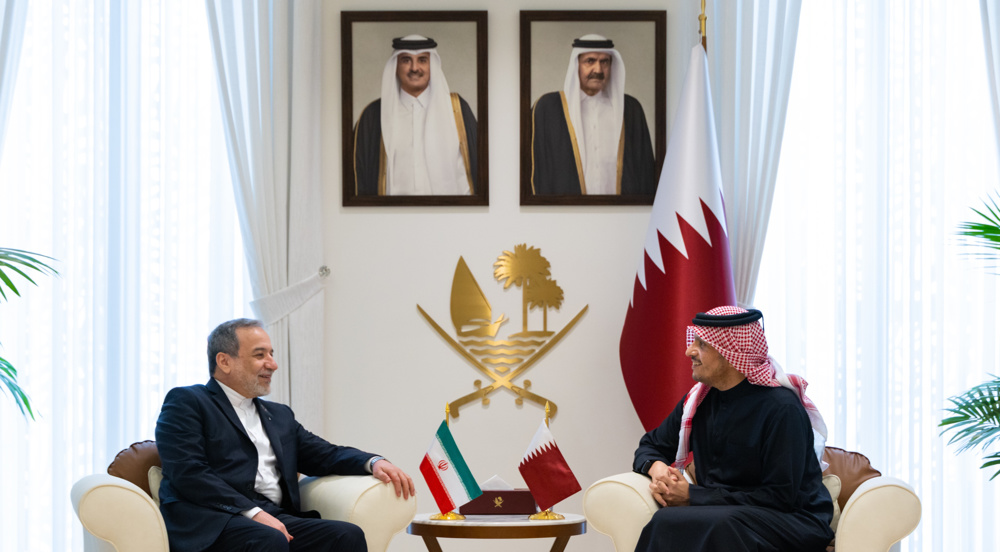
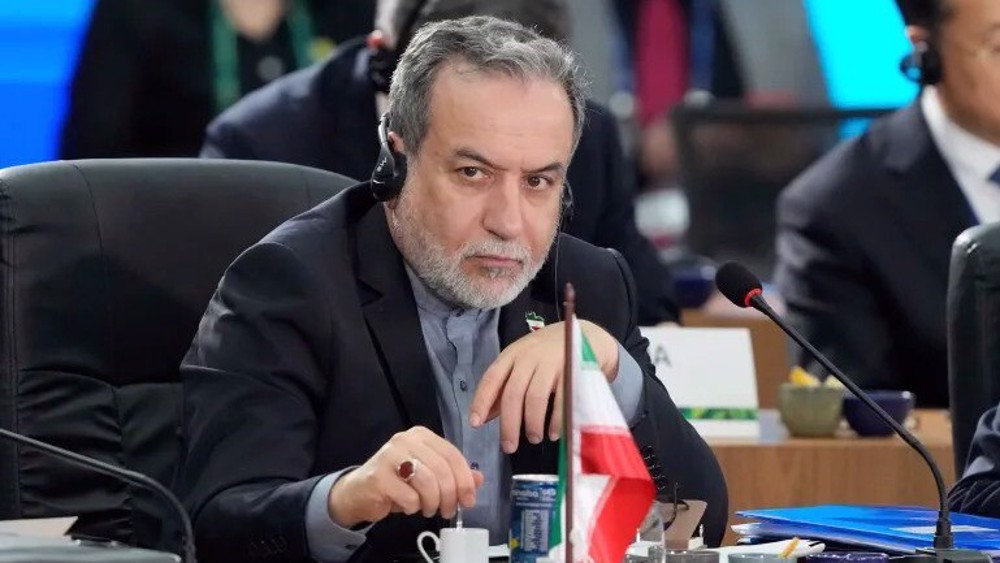
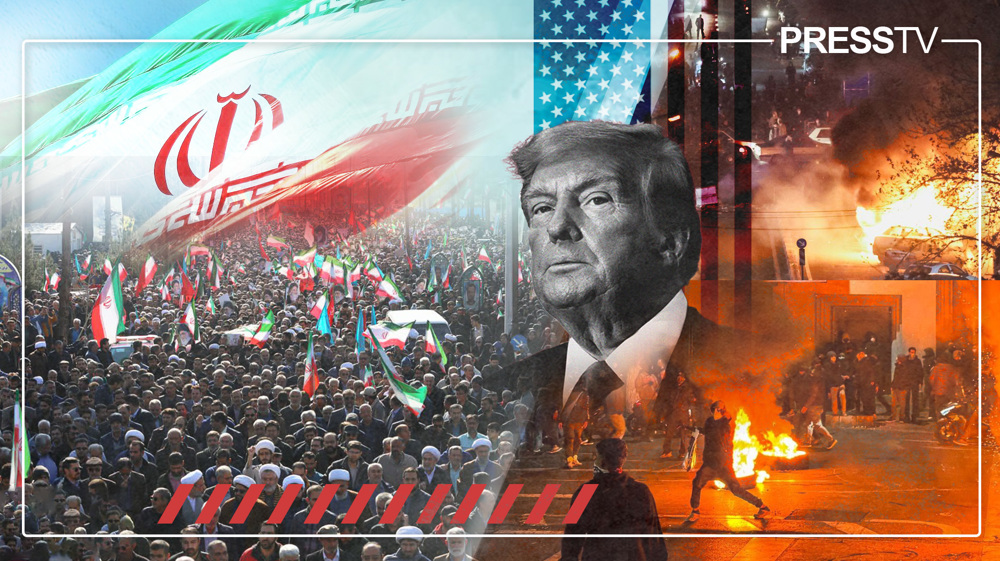



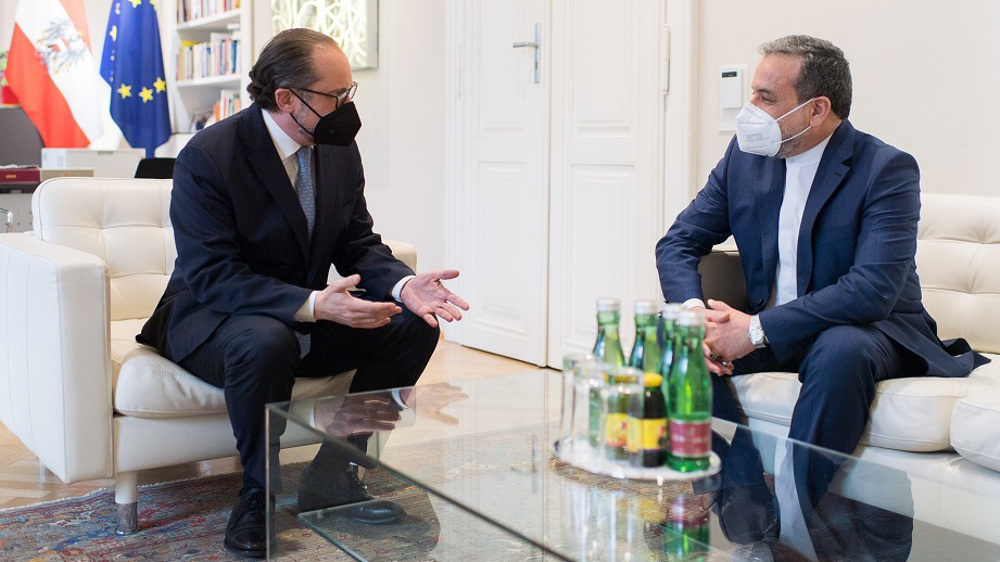
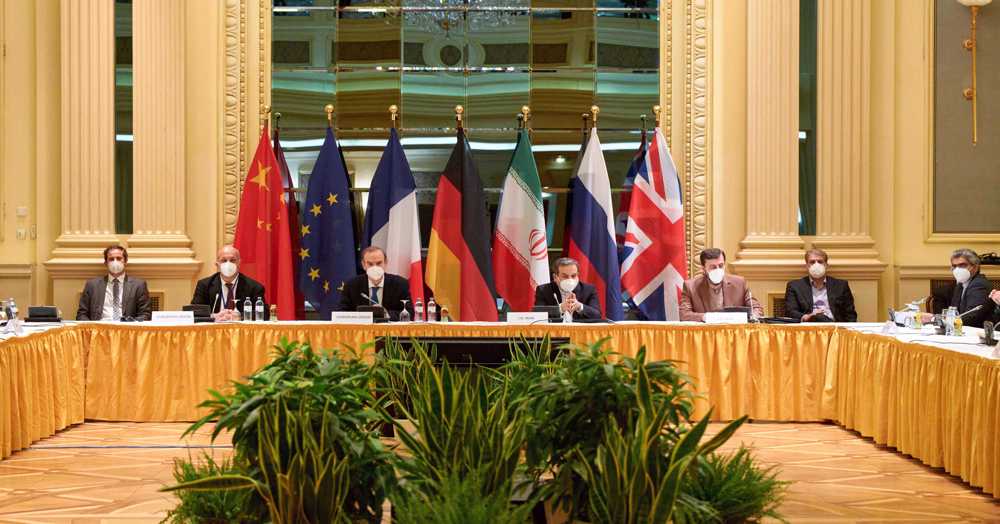
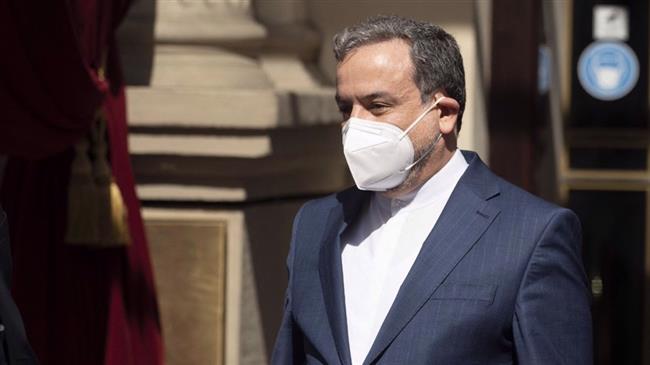
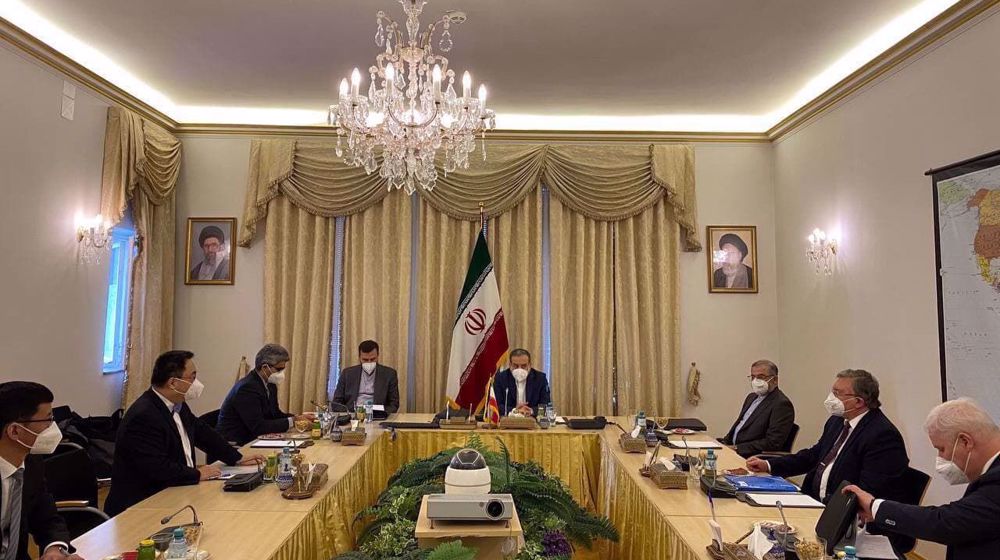
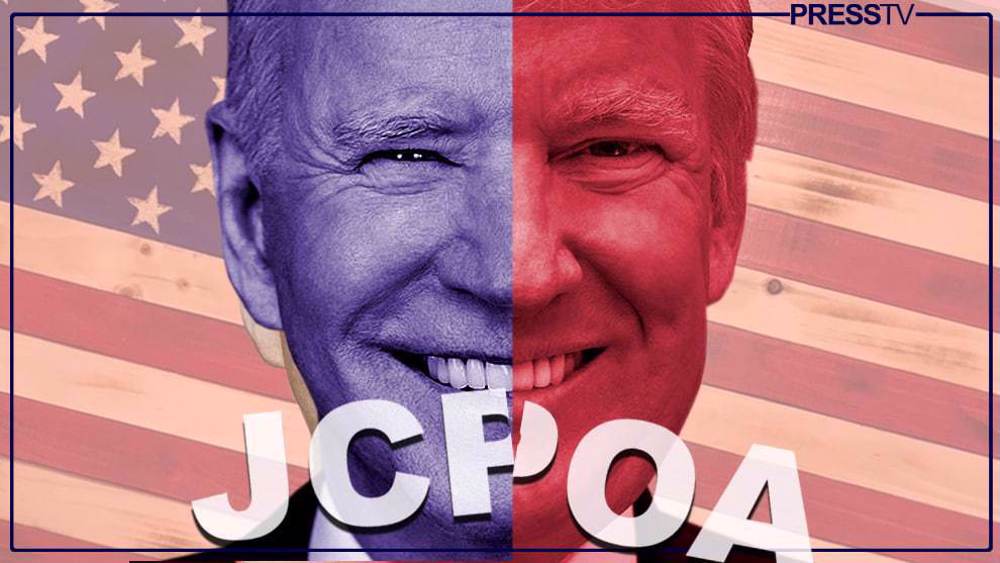

 This makes it easy to access the Press TV website
This makes it easy to access the Press TV website